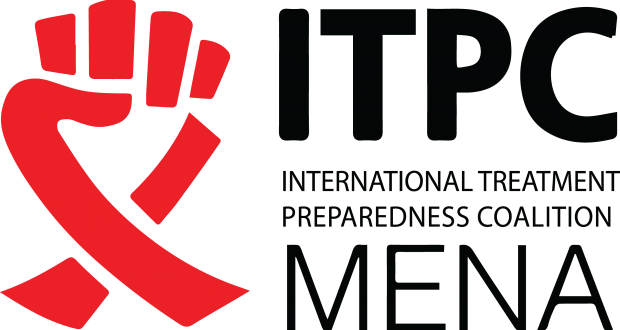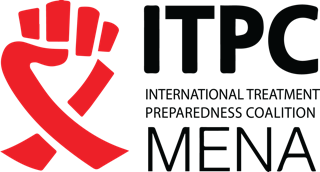
A new victory for ITPC-MENA : Bristol-Myers Squibb extends its voluntary license on Atazanavir to Egypt
The 9th International AIDS Society Conference on HIV / AIDS 2017 :
Bristol-Myers Squibb extends its voluntary license on Atazanavir to Egypt, a victory for ITPC-MENA
Today, at the World Conference on AIDS, which is currently taking place in Paris from the 23rd to 26th July 2017, Bristol-Myers Squibb (BMS) and the Medicines Patent Pool (MPP) announced the extension of the voluntary license granted by the laboratory in 2013 to the foundation to include 12 new countries including Egypt. A battle that has been going on for 3 years now about an abusive patent that has restricted the access of Egyptian HIV-positive patients to an important molecule of treatment against HIV infection. It should be noted that three countries of the Maghreb are also concerned by this announcement : Algeria, Morocco and Tunisia. However, unlike Egypt, extension to these countries does not change the situation since no patent was granted on the drug.

* Atazanavir (Reyataz)
“It is a great victory for our association that has been fighting for access to this drug at an affordable price in Egypt for several years,” affirmed Alia Amimi, Advocacy and research officer at ITPC-MENA. In fact, Atazanavir is an antiretroviral drug belonging to the class of anti-proteases recommended by the World Health Organization (WHO) as 2nd choice treatment for people whose virus has resistance to the first-line treatment. It is protected in Egypt by a patent of invention issued in 1999 and which remains valid until 2019. Period during which no generic drugs will be allowed.
In 2013, BMS granted a voluntary license to the MPP authorizing the supply of generic versions of the drug to 112 developing countries, but excluding a number of middle-income countries such as Egypt, which is forced to obtain the original version of the drug from BMS at a high price. The many pressures exerted by the activists on the laboratory for the extension of the license remained unheeded. “We held several meetings with the MPP that seemed understanding about this subject but the laboratory remained uncompromising. We then decided to go to the legal battle to obtain the patent cancellation because, according to our technical analysis of the patent, the patent is flawed. Its application does not really meet the very stringent patenting criteria in Egypt, “adds Alia Amimi.
After a careful analysis of the technical file ITPC-MENA requested the Egyptian Patent Office on February 11, 2016 to request revocation of the patent for lack of novelty and inventiveness. Even though the Board acknowledged the abusive nature of the patent, the latter recommended a court action. For several months, ITPC-MENA worked with its civil society partners in Egypt, including Al Shehab Institution for Promotion & Comprehensive Development, that also held several meetings with representatives of people living with HIV to mobilize them around the case being filed in court.



**Request revocation addressed to the Egyptian Patent Office
“We are pleased with this decision which will result in a reduction of the drug’s price in Egypt and in easier access for those who need it. Our pressures on the laboratory were of considerable importance in making this decision, “said Alim El Gaddari, director of ITPC-MENA. “However, we still have to consult with our partners in Egypt to find out whether or not we abandon the case. Because although the license removes the restriction on generic use, the abusive patent does not have to be and must be removed. Our action has a dual purpose : to allow access to treatment but also to introduce strict examination procedures in the country to prevent abusive laboratory practices. A long-term solution that balances intellectual property rights and the general interest “.
ITPC-MENA however requires BMS to include Lebanon as the only country in the MENA middle-income region without access to the Atazanavir generics as soon as possible.










